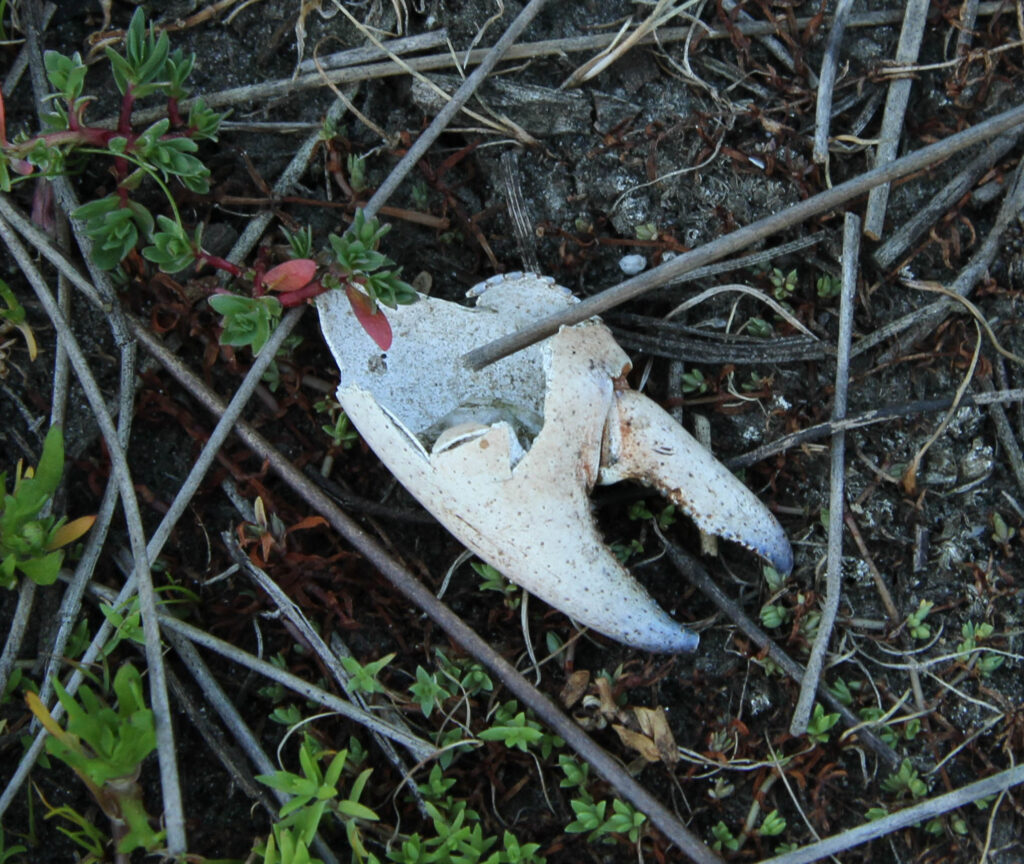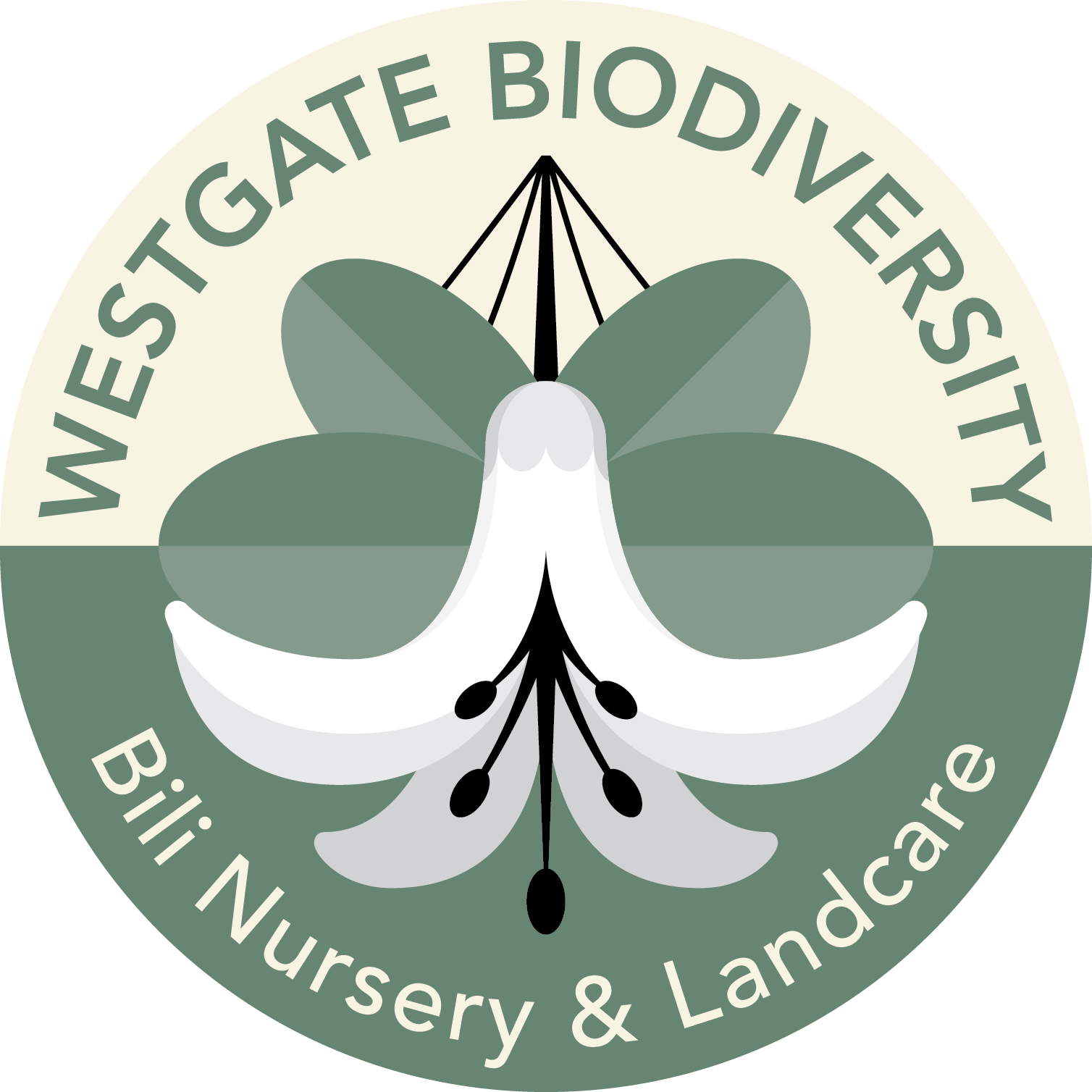Yabbies’ many roles in ecosystems


Whether eating or being eaten, yabbies play a vital role in wetland ecosystems such as Westgate Park.
Yabbies have been recorded in the park for more than a decade.
Here’s a sighting from a survey conducted on 15/11/2010: “It was exciting to find a baby Yabby in the survey amongst some very sensitive specimens.”
A fascinating read here from CSIRO details new research into the many roles yabbies play.
Yabbies are what are known as omnivores – their diet includes many different sources of nutrition. Importantly among those sources are bottom-of-the-food-chain algae and “detritus”, which is organic and/or decomposing material in the water.
But yabbies are in turn prey to predators such as waterbirds and fish. This means they can also act as a sort of one-stop link between the bottom of the food chain and the top.
Which makes yabbies much more than an ugly-duckling creature in any freshwater system.
Did you know?
Algae, common in wetlands, produce high-quality fatty acids, such as omega 3 and omega 6.
Yabbies fed with a diet rich in these fatty acids grow fast – doubling body mass in around 70 days.
The diet of wild yabbies in wetland habitats contains higher concentrations of these fatty acids compared with yabbies in rivers.
